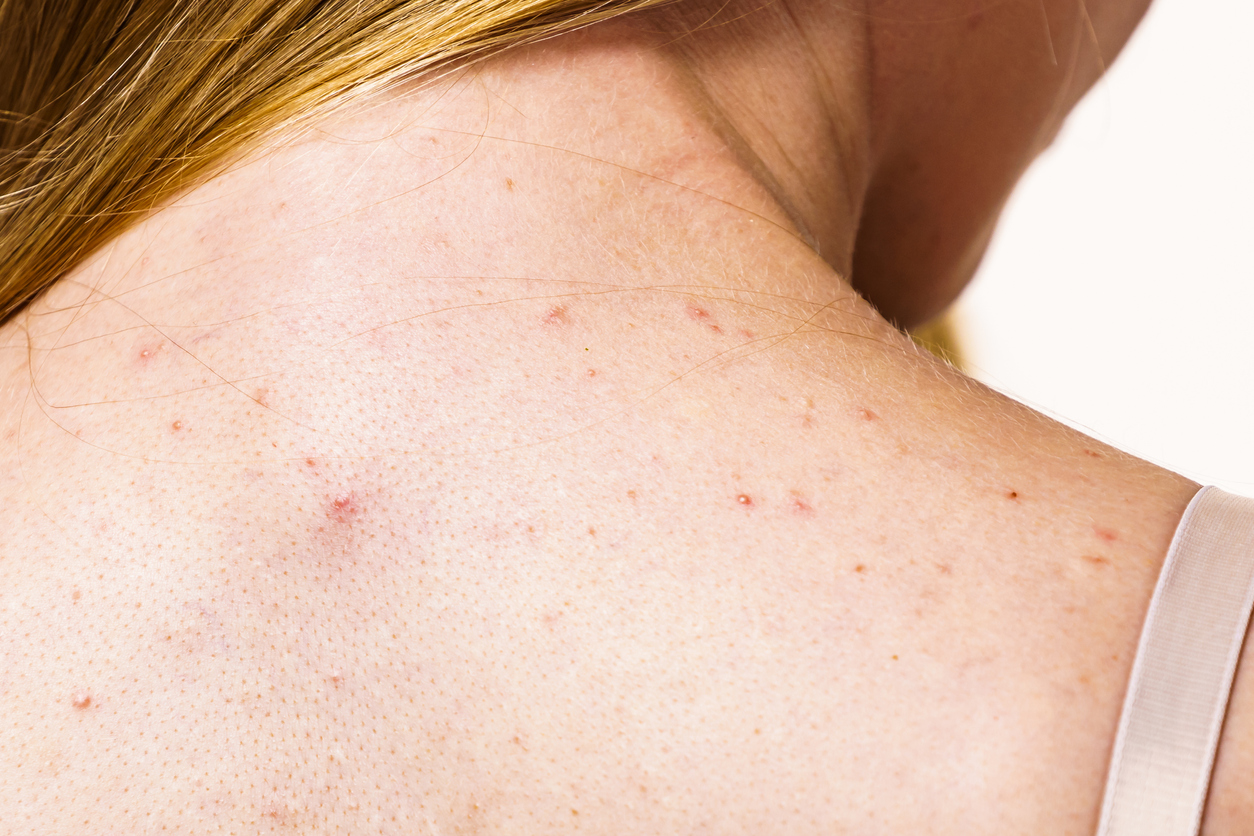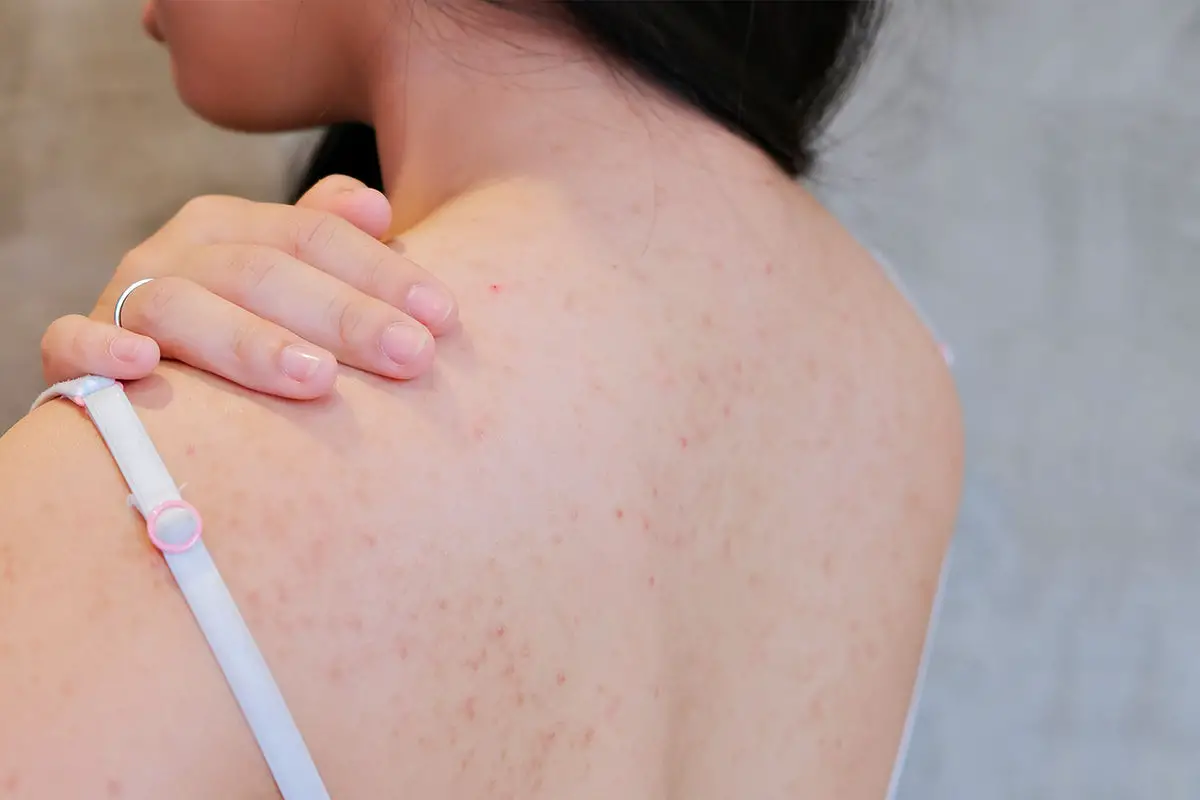Sweat at Night Causing Breakouts? Tips for Clear Skin by Morning
For many individuals, waking up with unexpected breakouts can be a frustrating event. As a beautician dedicated to helping clients achieve flawless skin, it's crucial to understand how sweat at night causing breakouts can be a hidden factor. Night sweats, often exacerbated by factors like bedding, weather, or even personal health, can cause a spike in breakouts, leaving skin feeling irritated and less than perfect.
Night sweat, whether as a result of temperature, stress, or hormonal imbalances, traps heat and moisture against the skin. This creates a breeding ground for bacteria, oils, and dead skin cells, leading to breakouts. Thankfully, with the right strategies, beauticians can guide clients away from night-time acne and towards radiant skin.
:max_bytes(150000):strip_icc()/Health-GettyImages-1199366228-68076b11f747454fa13e21aa3f5920b6.jpg)
Reasons Behind Sweating at Night Leading to Breakouts
The primary offender in the equation is the combination of excessive moisture and blocked pores. Here's a deeper dive into the causes:
Material Matters
Bedding materials can significantly influence how much one might sweat at night. Fabrics like polyester trap heat and sweat, while natural materials like cotton allow for better airflow. Recommending clients invest in breathable, hypoallergenic sheets can be an important first step. To know more about the impact of bedding on skin health, you can check here.
Hormonal Havoc
Hormones, particularly in teenagers and women going through menopause, can increase sweat production at night. This, paired with the body's natural oil production, can exacerbate breakouts. As a beautician, advising clients on how to manage hormonal fluctuations might involve holistic approaches like diet changes or specific skincare routines.
External Factors
Environmental factors, including the use of heavy blankets or sleeping in overly warm rooms, can induce sweating. Suggesting changes to these aspects can help alleviate night sweats without medication intervention, thus minimizing breakouts.
Effective Skincare Solutions for Night-Time Breakouts
Addressing the root causes of night sweats is essential, but so is implementing a tailored skincare regime:
Pre-Bed Rituals
Introduce the idea of pre-bed skin routines that involve gentle cleansing to remove makeup and dirt. Using a product with salicylic acid or benzoyl peroxide can keep pores clear and prevent overnight bacterial build-up. Innovative suggestions like acne-fighting body washes can also be a great addition.
Night-Ready Bedding
As previously highlighted, recommending that clients switch to breathable materials can make a world of difference. Frequent washing of bedding with fragrance-free detergents may also reduce potential irritants.
Balanced Hydration
Encourage maintaining hydration on both the inside and outside. A good moisturizer that isn't too heavy can balance the skin's moisture levels, reducing excess oil production due to dehydration.
Regulating Room Temperature
Suggest to clients the benefits of keeping a cooler room temperature or using a fan to reduce sweat-inducing climates while they sleep.
Preventive Measures and Pro Advice
Preventing sweat-induced breakouts involves a multifaceted approach.
Regular Check-ups
Advise clients to routinely check their skin for any changes that might indicate a need for professional intervention. Scheduling regular skincare consultations can keep concerns at bay while providing improved outcomes.
Educational Resources
Direct clients to reputable sources where they can learn more about spontaneous oil production and sweat management. For instance, sites like Teen Vogue offer valuable insights on expert tips and tricks.
Diet and Lifestyle
Educating clients about the influence of diet and stress on skin health can uniquely position you as a trusted advisor. Over time, fostering a proactive strategy in these areas can lead to noticeable changes in skin clarity.

FAQs
Does sweat always cause breakouts?
While sweat itself isn't the primary cause, it can contribute by creating an environment conducive to bacteria and oil buildup. Keeping pores free of these elements can mitigate the risk.
How often should bedding be changed to prevent acne?
Ideally, sheets should be washed weekly. More information can be found by exploring research around sheet hygiene available online.
Can skincare products actually exacerbate night sweats?
Certain heavy or occlusive products might trap heat on the skin, increasing sweat. Selecting lightweight, non-comedogenic products can help avoid this.
This article contains affiliate links. We may earn a commission at no extra cost to you.

